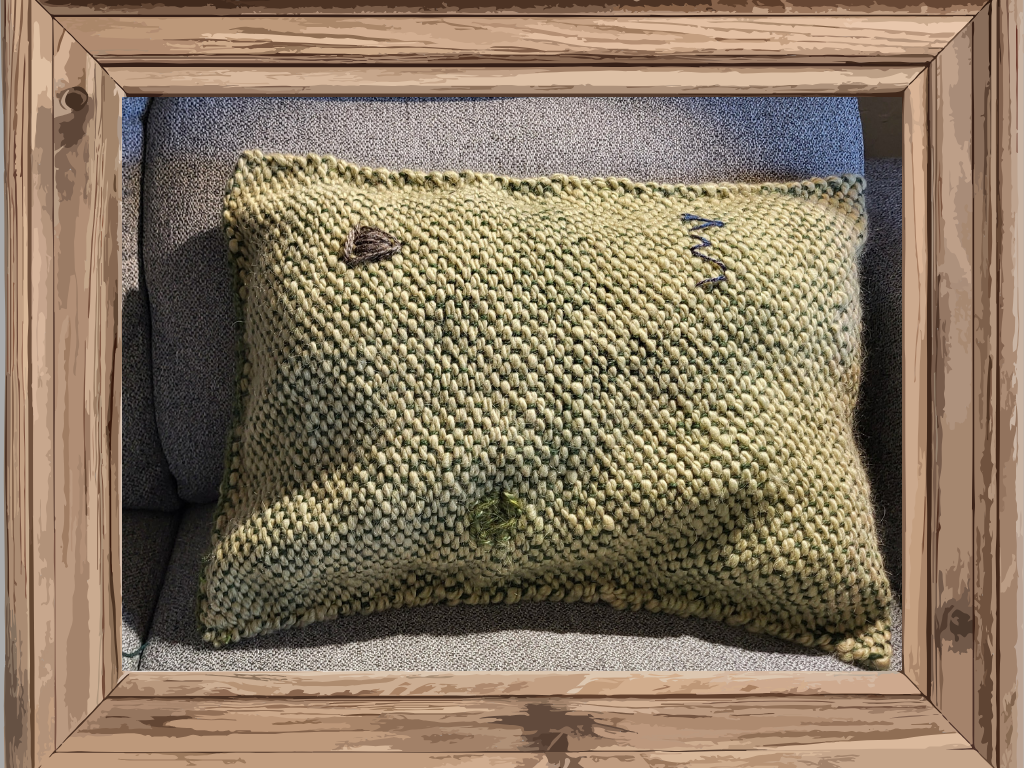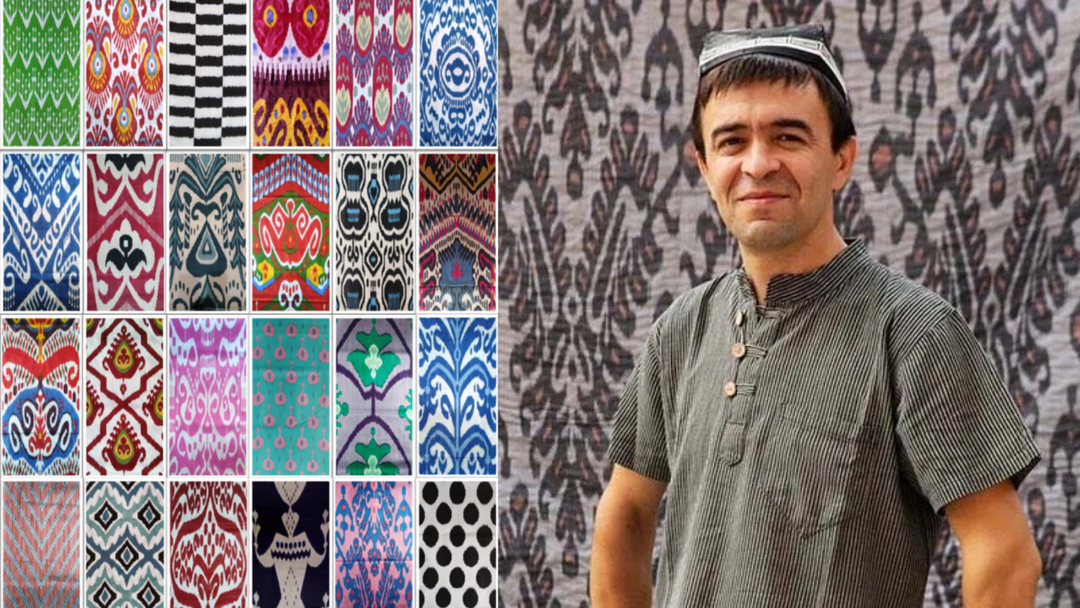7 Simple Questions to Cut Through the "Conscious Shopping" Hype



Looking for something unique, beautiful, and handmade?
But how do you know if it's really "ethically sourced" ?
|
What does “ethical” or “sustainable” mean in today’s world of global supply chains, massive online shopping platforms, and multinational corporations? The reality is that “ethical fashion” is a constantly shifting BALANCE that respects people, planet and a sustainable livelihood for all. There's no simple formula, but transparency is critical to finding out whether that blouse or bag is really an “ethical” purchase or just another case of “greenwashing.” |

So, before you attempt to make your next ethically-minded purchase, consider asking these 7 questions…
1. Who made it?
TIP: Check the business’s web presence, especially the “About Us” page on their website to see if the producers are mentioned. |
 |
 |
2. Where and how was it made?
TIP: If the only available information is limited to the legally required “Made in [X Country]” and fabric content labels, then it is not likely that the business follows ethical practices. |
3. How are the makers treated?
TIP: Take mental note of how the vendor reacts when you ask these questions. Most vendors that are operating ethical businesses will be glad to answer these questions! |
 |
 |
4. What is the environmental impact of the production and supply chain?
TIP: This question is among the most complex. Keep in mind that if the producers are located in an area where high quality and affordable raw materials are limited, options in this area may be reduced even if all other aspects of the business are ethical. |
5. How long is the production and supply chain and who is in it?
TIP: Keep an eye out for signs of “fast fashion,” which is designed to minimize the cost for the consumer and generate profit for large producers through quick, high volume sales. |
 |
 |
6. Is the product produced and/or sold by a Fair Trade Federation (FTF) member?
TIP: Look for the FTF logo on product tags, the producer/brand or vendor’s website, or in the store. |
7. Does it make you feel amazing?
TIP: If you don’t have a strong emotional reaction when you see it, just don’t buy it. Living a more minimalist lifestyle is a great way to make a difference. |
 |

So, the next time you're shopping for a beautiful handmade heritage product you'll cherish, try asking these questions!
Even focusing on just one or two can make a difference.
The more customers ask these questions, the more vendors will be forced to use ethical practices that respect people, planet, and a sustainable livelihood for all!

- We bring the authentic Silk Road to you with beautiful handmade heritage products.
- You can trust that your purchase will support cultural preservation and economic empowerment.







Leave a comment